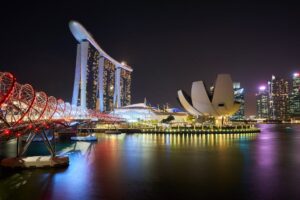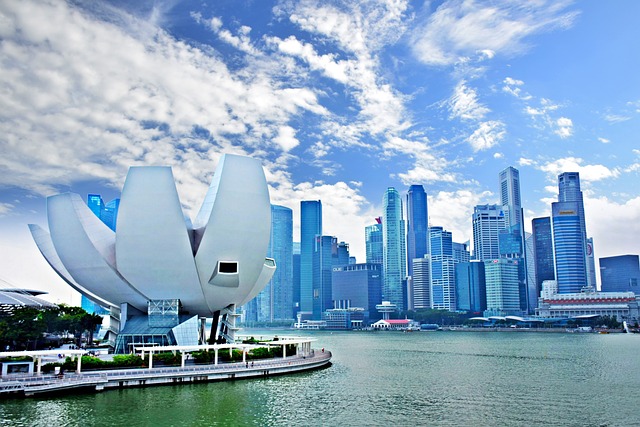Advantages of PR status in Singapore
- Unrestricted Travel
An advantage of permanent residency (PR) in Singapore is the freedom of travel. As a PR, you no longer need separate work or travel visas to enter and exit the country. With a Blue Card serving as your official identification, the process becomes seamless, giving you peace of mind when managing your global movements.
- Extended Stay for Parents
One of the most valued benefits for families is the ability to apply for long-term visit passes for parents. This allows you to have your parents stay with you for extended periods, strengthening family ties and providing support as you settle into life in Singapore.
- Employment Flexibility
PR status provides significant employment advantages, particularly in job mobility. Unlike those on work passes such as the Employment Pass or S Pass, PR holders can switch employers without the need to apply for a new work visa. This flexibility can save time and reduce the uncertainty often involved in changing jobs.
- Financial and Retirement Benefits
The Central Provident Fund (CPF) is a cornerstone of Singapore’s financial security system. As a PR, both you and your employer contribute to CPF, which helps build your savings for retirement, healthcare, and homeownership. This mandatory savings plan ensures long-term financial security, though it also comes with certain restrictions on access.
- Priority for Loans
As a permanent resident, you gain an edge when applying for loans, particularly for housing. You qualify for government housing schemes like resale HDB flats and executive condominiums, options that are off-limits to non-PRs. Additionally, PRs typically benefit from more favorable loan terms compared to foreigners.
- Pathway to Citizenship
After holding PR status for two years, you are eligible to apply for Singaporean citizenship. This opens the door to full benefits, including holding a Singapore passport, enjoying voting rights, and gaining access to a host of social and economic privileges.
- Property and Housing Benefits
Permanent residency grants you access to attractive property benefits. In addition to reduced stamp duties on property transactions, PRs can purchase resale HDB flats and executive condominiums, which are not available to non-PRs, broadening your housing options and investment opportunities.

Disadvantages of PR Status in Singapore
- Mandatory CPF Contributions
The CPF scheme requires compulsory contributions from both you and your employer. While this ensures long-term savings for retirement, healthcare, and housing, it can also feel like a financial burden, particularly for those who would prefer to invest the funds elsewhere.
- National Service (NS) Obligation
A significant commitment for male PR holders is the obligation to serve in National Service (NS) once they turn 18. This requirement lasts for two years and can disrupt career plans or education. Those unwilling or unable to meet this requirement should carefully consider the implications before applying for PR.
- CPF Withdrawal Restrictions
While CPF savings are designed to provide long-term financial stability, they come with strict access rules. PRs can only withdraw their CPF funds when they turn 55 or upon renouncing their PR status or citizenship. This restriction can limit your flexibility in managing your finances, particularly if you need access to those funds sooner.
Conclusion
Becoming a permanent resident in Singapore offers many compelling advantages, including job flexibility, financial security through CPF, and greater access to housing and loans. However, the drawbacks, such as the National Service obligation for male PRs, and restrictions on CPF fund withdrawals, must be carefully weighed. Ultimately, the decision to apply for PR status should align with your long-term personal goals, financial preferences, and willingness to fulfill the obligations that come with residency. For many, the benefits of living and thriving in this dynamic, prosperous city-state make Singapore PR a highly attractive option.



